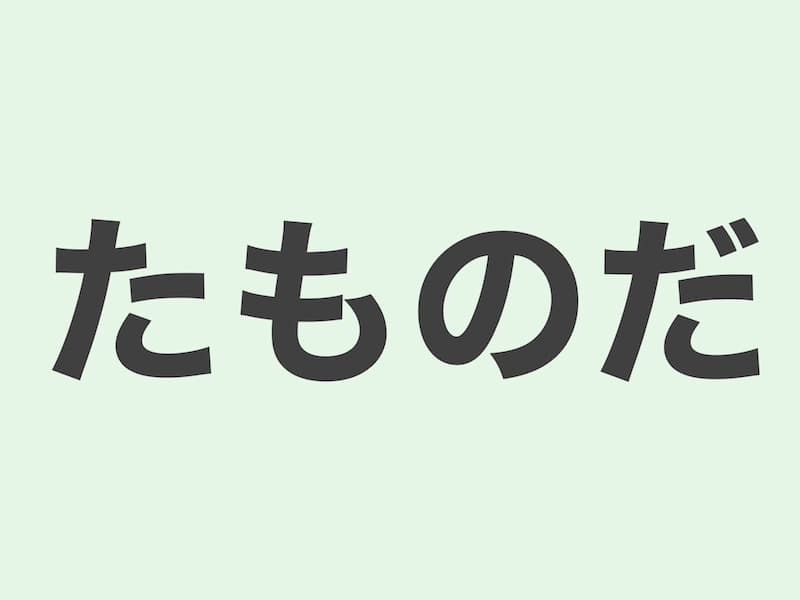説明 (Explanation)
文法(Grammar):た形・なかった+ものだ
意味 (Meaning):「たものだ」は、過去の経験や習慣を表す表現です。ある特定の状況や事柄が以前に経験され、それが当時の習慣的な行動や状態であったことを示します。また、過去の経験や習慣としての思い出を語る際にも使われます。
英語(English):The phrase “たものだ” is used in Japanese to express past habits or experiences. In English, it’s often translated to phrases like “used to,” or “was accustomed to,” depending on the context, to convey the sense of habitual actions or states in the past.
JLPT Textbook Recommendations
例文 (Examples)
- 子どもの頃は毎日公園で遊んだものだ。
- 昔はよくこのレストランに行ったものです。
- 夏休みにはよく海に行ったものだ。
- 学生時代はよく図書館で勉強したものです。
- 幼い頃は近所の友達と遊んだものだ。
ひらなが (Hiragana)
- こどものころはまいにちこうえんであそんだものだ。
- むかしはよくこのレストランにいったものです。
- なつやすみにはよくうみにいったものだ。
- がくせいじだいはよくとしょかんでべんきょうしたものです。
- おさないころはちかくのともだちとあそんだものだ。
英語翻訳 (English Translation)
- I used to play at the park every day when I was a child.
- I often went to this restaurant in the past.
- I used to go to the sea a lot during summer vacation.
- I used to study a lot at the library during my student days.
- I used to play with neighborhood friends when I was young.





コメント